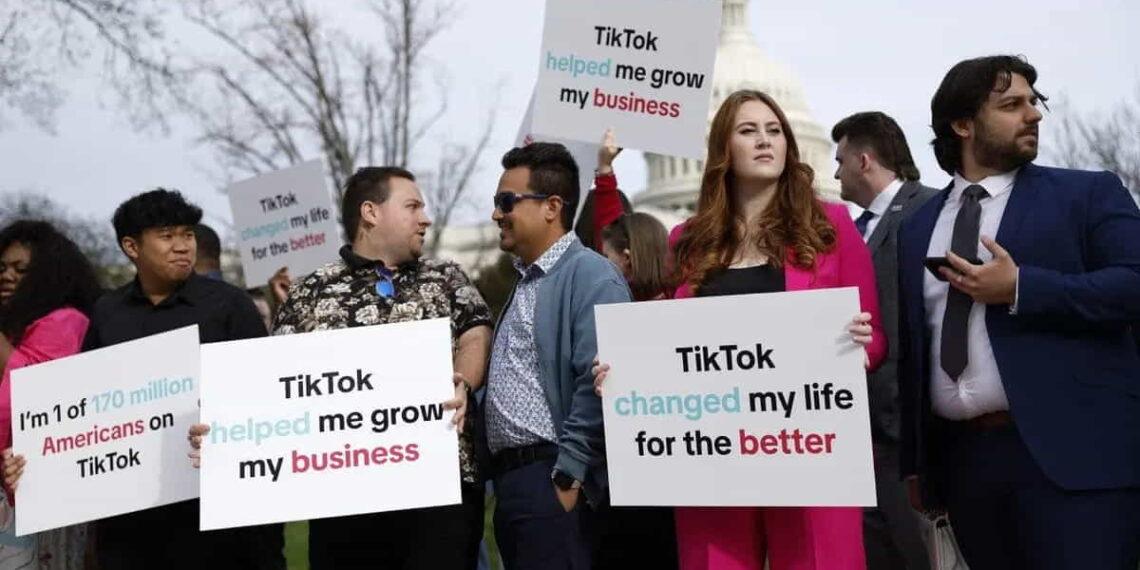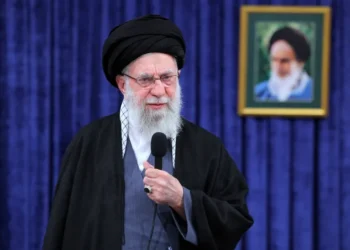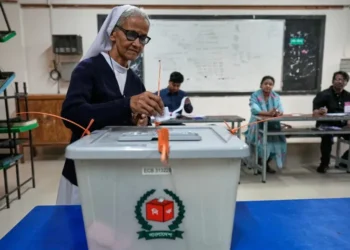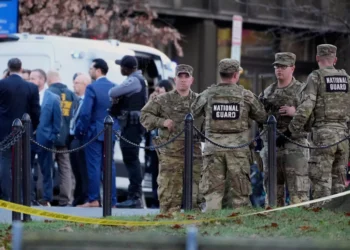TikTok Urges Supreme Court to Block Imminent Ban Amid National Security Debate
TikTok is calling on the U.S. Supreme Court to intervene and prevent a potential ban on its platform, which could take effect in just a few days. At the heart of this high-stakes case is whether the social media giant should be forced to sell itself to an American company or face a complete shutdown in the U.S.
The case centers around a law passed by Congress in April called the Protecting Americans from Foreign Adversary Controlled Applications Act. This law gives TikTok nine months to either divest from its Chinese parent company, ByteDance, or face removal from U.S. app stores and hosting services.
Key Legal Battle: National Security vs. Free Speech
As the case heads to the Supreme Court, TikTok’s legal team will argue that the law violates First Amendment rights. They contend that the government has failed to consider less restrictive measures and has unfairly limited free speech. In their view, forcing the sale of TikTok or banning it entirely amounts to an unconstitutional restriction on expression.
On the other hand, the Biden administration is pushing back, arguing that the law focuses on national security concerns rather than content. Administration lawyers claim that TikTok’s ties to ByteDance could pose “grave national security threats” by potentially giving the Chinese government access to U.S. user data. They emphasize that the law does not target content or speech but instead addresses control of the app by a foreign entity.
What’s at Stake for TikTok Users?
The decision could have wide-reaching consequences for the app’s 170 million U.S. users. If the court sides with the government, TikTok could be forced to either sell to an American company or be banned. For TikTok, pulling out of the U.S. market is a real possibility if the ruling goes against them, creating uncertainty for users, creators, and businesses relying on the platform.
The case has captured attention not just for its legal implications but for its broader significance in the ongoing debate about national security, foreign influence, and freedom of expression in the digital age.
This article was rewritten by JournosNews.com based on verified reporting from trusted sources. The content has been independently reviewed, fact-checked, and edited for accuracy, neutrality, tone, and global readability in accordance with Google News and AdSense standards.
All opinions, quotes, or statements from contributors, experts, or sourced organizations do not necessarily reflect the views of JournosNews.com. JournosNews.com maintains full editorial independence from any external funders, sponsors, or organizations.
Stay informed with JournosNews.com — your trusted source for verified global reporting and in-depth analysis. Follow us on Google News, BlueSky, and X for real-time updates.














